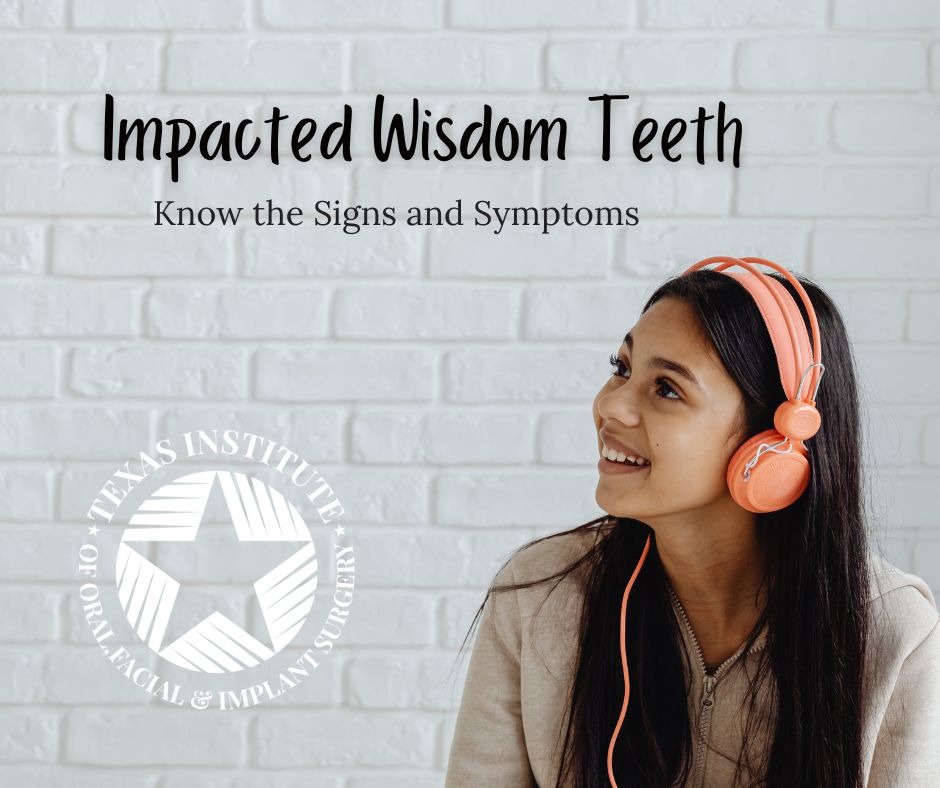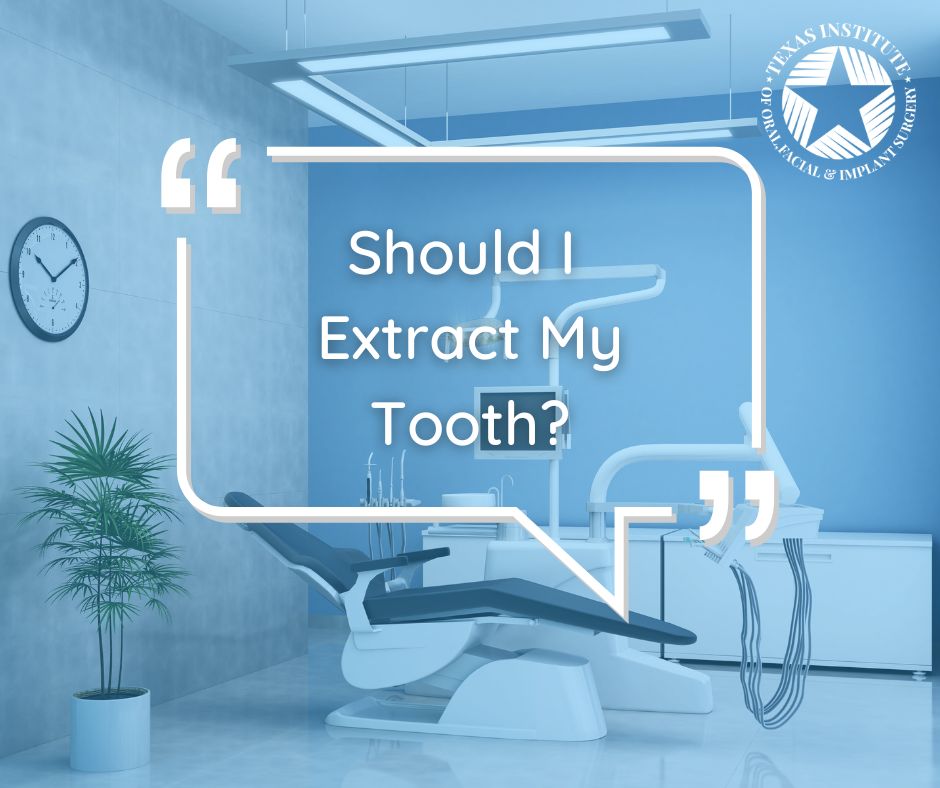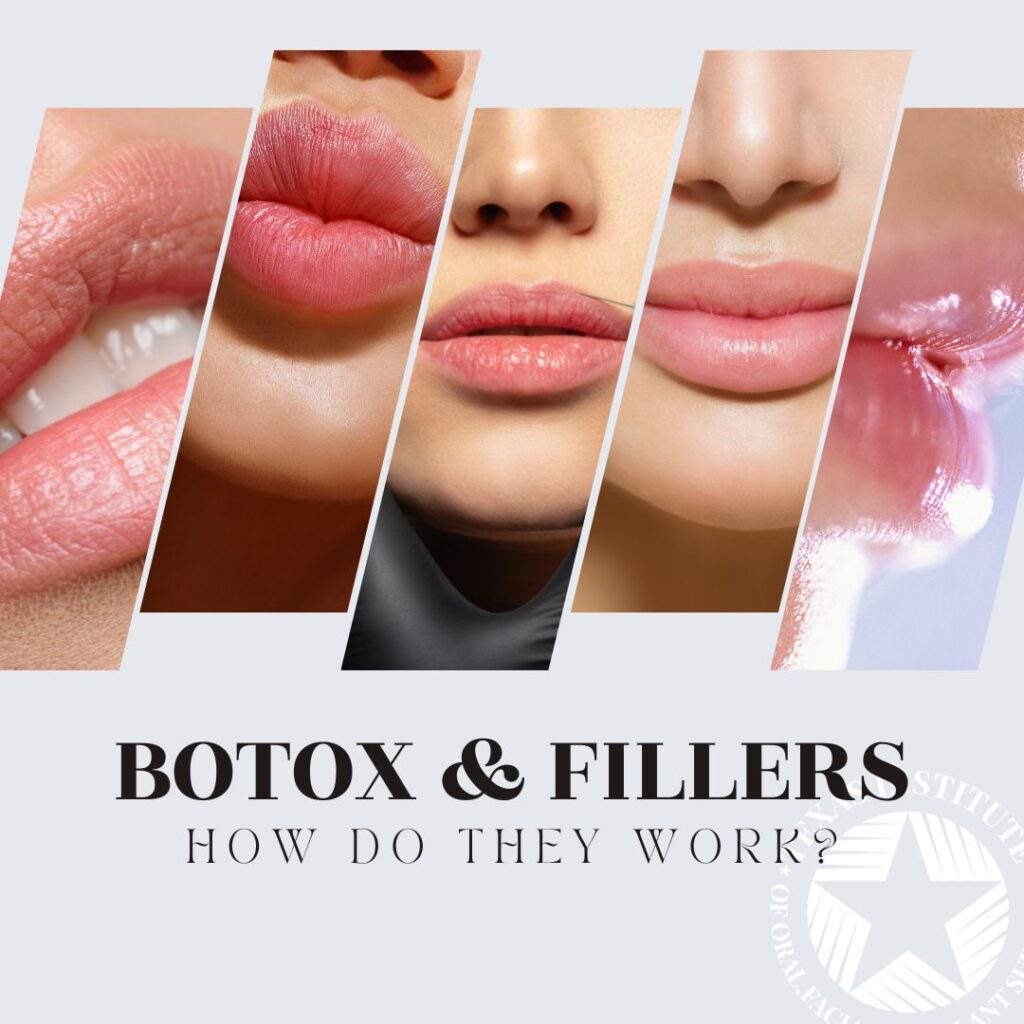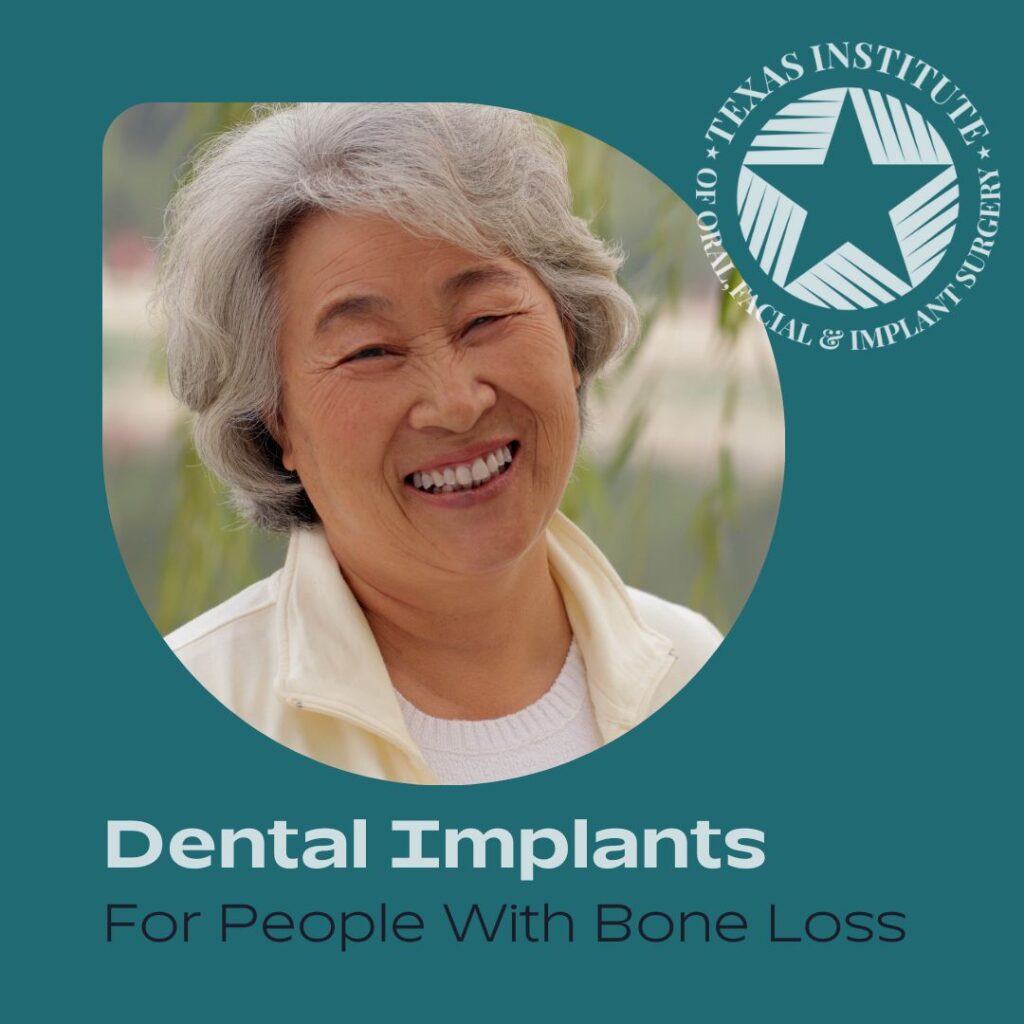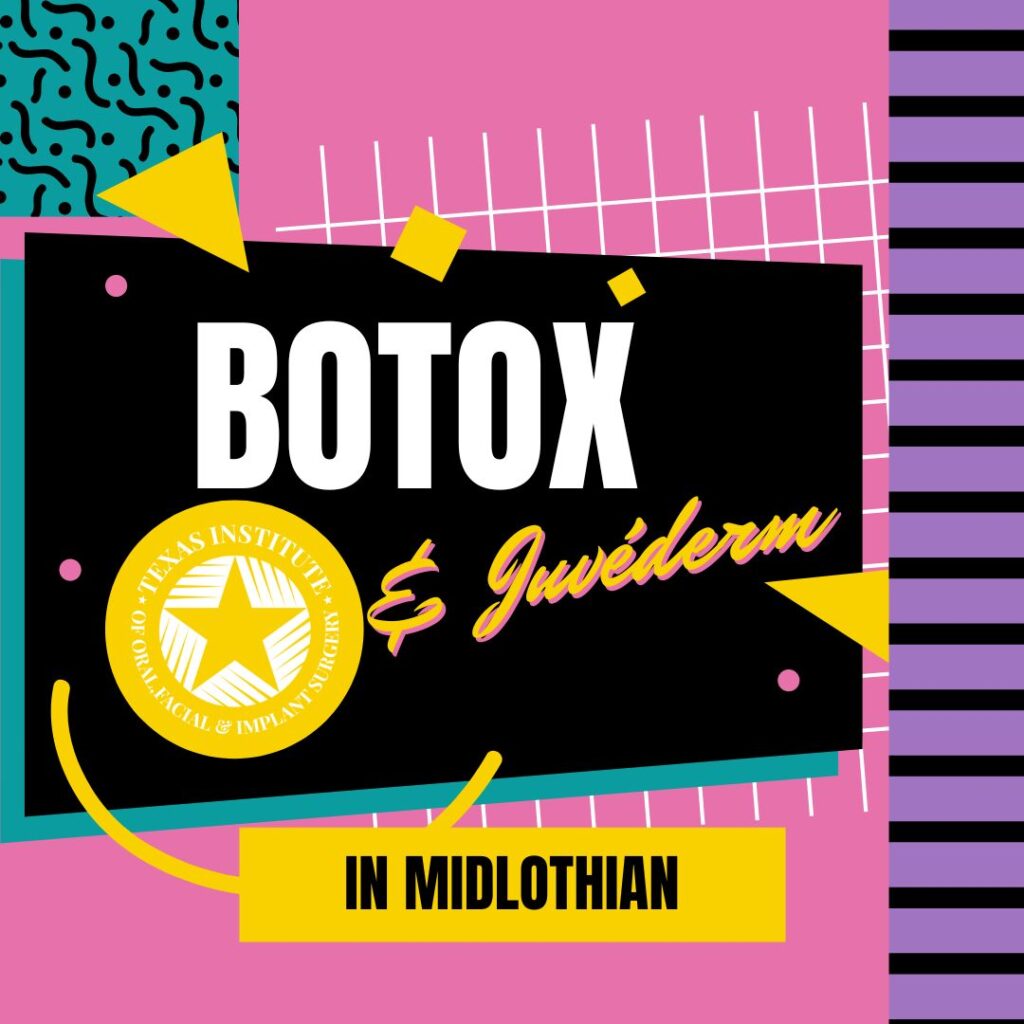
Are you looking for a way to enhance your natural beauty without undergoing invasive surgery? Why not consider Botox treatments at Texas Institute of Oral, Facial & Implant Surgery? We serve aesthetic clients from the Midlothian and surrounding communities. As a specialist, we can provide expert advice and several aesthetic therapies, including Botox cosmetics injections (Ellis County.)
Why Botox?
Botox is one of the easiest and most non-invasive ways to enhance your natural beauty, leaving you feeling more relaxed and confident. The Botox medication can help to reduce the signs of aging and minimize the appearance of wrinkles where it’s applied. It can be used to smooth out areas like smile lines, creases in your forehead, are around the eyes. When lines are no longer visible, your face begins to look a lot fresher and more youthful.
Botox provides proven results without the need to undergo any major cosmetic surgery. After the medication is administered, most people seeing the changes within 3-4 days with the results lasting up to 3-6 months. There’s no need to reschedule around your treatments because no recovery time is necessary. While there may be a very small amount of redness around the injection sites, any irritation is temporary. That being said, you’ll probably want to plan your procedure later in the afternoon, during your day off, or just before the weekend, in case there’s any redness that needs to soothe itself over.
Choose a Botox Provider You Can Trust
Most Botox injections are used to resolve issues across the face or adjacent areas. As you can imagine, our oral surgeon is very well versed when it comes to facial anatomy. We perform quite intricate and detailed procedures every day which require us to have a deep understanding of the muscles and nerves in the head, face and neck. When choosing a practitioner to perform your Botox services, look for someone you know has had previous experience working with delicate facial tissues. When you choose the Midlothian experts at the Texas Institute of Oral, Facial & Implant Surgery for Botox injections, you’re not just getting Botox, you are receiving care from some of the most highly trained healthcare providers in Ellis County. You can feel confident knowing you’ll receive expert care in a safe environment, with the latest technology to provide you with the service you expect and deserve.
Botox in Midlothian, TX
If you’ve noticed fine lines and wrinkles slowly creeping up on you and you finally want to put them to a halt, schedule a consultation at Texas Institute of Oral, Facial & Implant Surgery today. We can go over your Botox treatment options, and you can have the opportunity to ask the questions you need in order to get the answers to help you make the right decision.
There is no obligation during your consultation or you can start treatment as soon as you would like. Book your appointment at our Midlothian office today and we’ll help you look like the best version of yourself.




